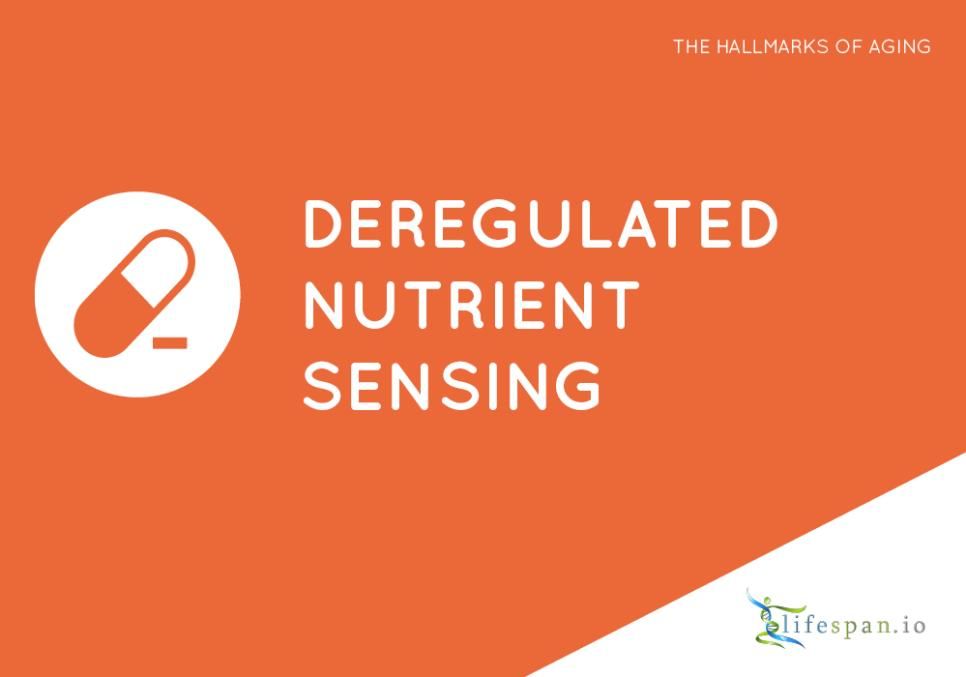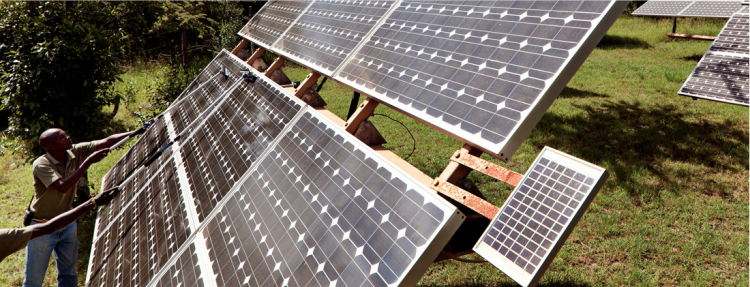Page 10353
Jan 23, 2018
India & Japan combine defense forces in AI, robotics to curb Chinese ambitions
Posted by Klaus Baldauf in categories: existential risks, robotics/AI, transportation
India and Japan have vowed to strengthen their strategic ties by increasing cooperation in the defense, robotics and AI sectors in coming years in response to Chinese regional ambitions and North Korea’s nuclear plans.
“You should expect to see increased bilateral cooperation between us to develop unmanned ground vehicles (UGV) and robotics,”Japanese State Minister for Foreign Affairs Kentaro Sonoura told the Times of India. The move follows the successful ratification of the Indo-Japanese civil nuclear agreement by Japan’s parliament in late 2017.
The two countries are launching a working group on cooperation between nuclear companies. “Japan’s intention is to start this quickly, possibly by the end of this month,” Sonoura said.
Jan 23, 2018
The Hallmarks of Aging: Deregulated Nutrient Sensing
Posted by Steve Hill in category: life extension
As part of our ongoing series covering the hallmarks of aging, we are taking a look at deregulated nutrient sensing today and how these four pathways regulate metabolism and influence aging.
To understand studies on nutrient sensing in the context of aging, let’s introduce four key protein groups. In this post, we’ll explore the pathways they help control and how they affect aging. These key proteins are IGF-1, mTOR, sirtuins, and AMPK[2]. We call these proteins “nutrient sensing” because nutrient levels influence their activity[2].
Jan 23, 2018
Artificial synapses fill the gaps for brainier computer chips
Posted by Klaus Baldauf in categories: computing, neuroscience
Right now, you’re carrying around the most powerful computer in existence – the human brain. This naturally super-efficient machine is far better than anything humans have ever built, so it’s not surprising that scientists are trying to reverse-engineer it. Rather than binary bits of information, neuromorphic computers are built with networks of artificial neurons, and now an MIT team has developed a more lifelike synapse to better connect those neurons.
For simplicity’s sake, computers process and store information in a binary manner – everything can be broken down into a series of ones and zeroes. This system has served us well for the better part of a century, but having access to a whole new world of analog “grey areas” in between could really give computing power a shot in the arm.
Jan 23, 2018
Data Can Enhance Creative Projects — Just Look at Netflix — By Michael D. Smith and Rahul Telang | Harvard Business Review
Posted by Odette Bohr Dienel in categories: big data, innovation, media & arts
“Rather than killing creativity, perhaps big data is fostering a new golden age of creativity.”
Tags: creativity, data science
Jan 23, 2018
Here’s Something Strange, the Afterglow from Last year’s Kilonova is Continuing to Brighten — By Matt Williams | Universe Today
Posted by Odette Bohr Dienel in categories: astronomy, physics, space
“This unexpected behavior has led to a serious buzz in the scientific community, with astronomers trying to come up with explanations as to what type of physics could be driving these emissions.”
Jan 23, 2018
World Bank plans ‘Scaling Solar and Storage’ program — By Tom Kenning | PV Tech
Posted by Odette Bohr Dienel in categories: governance, solar power
“The new Scaling Solar and Storage (SSS) program, which has yet to be formerly announced and is expected to be rolled out over the next couple of years, would work on utility-scale tenders that pair solar PV with battery storage technology.”
Tag: development
Jan 23, 2018
Robots could take your job — but you can retrain to find a better one, says WEF report — By Alan Tovey | The Telegraph
Posted by Odette Bohr Dienel in categories: disruptive technology, economics
“The latest research focused on the impact the “Fourth Industrial Revolution” — digital and traditional technology coming together to deliver efficiencies that will mean more jobs can be automated — will have on employment in the US.”
















